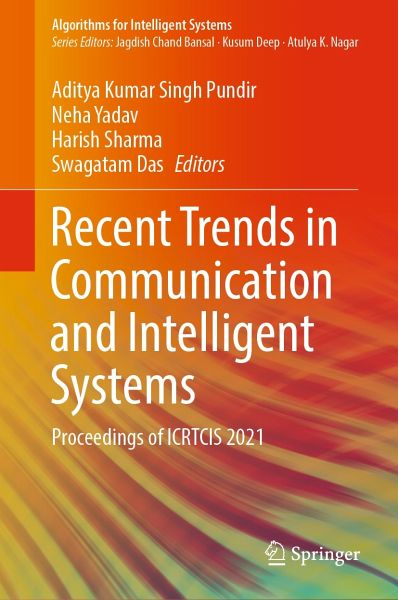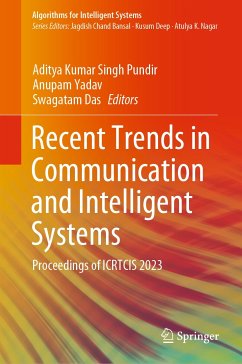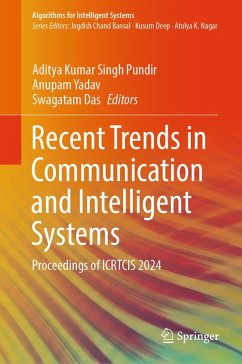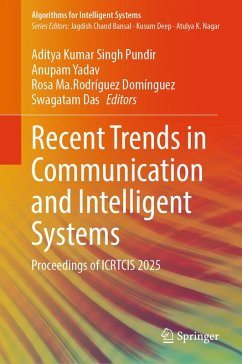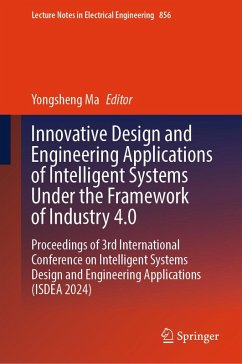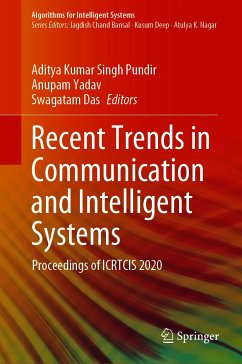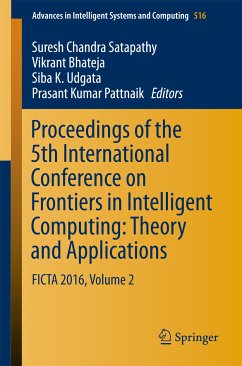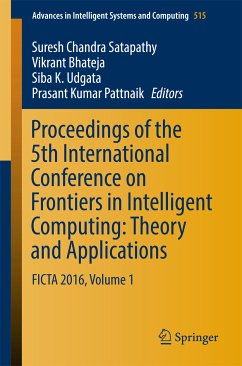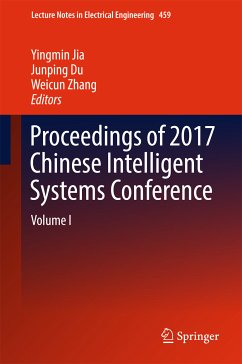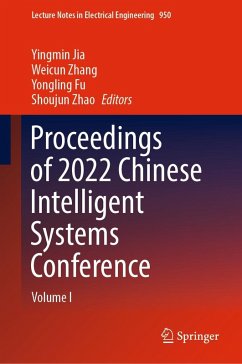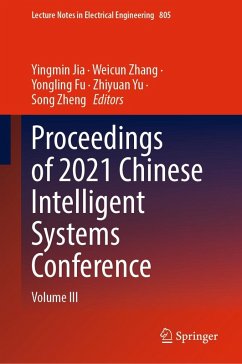Dr. Aditya Kumar Singh Pundir (B.E., M.Tech. and Ph.D.) is currently working as Professor, Mentor Incubation & IPR Activities in Department of Electronics and Communication Engineering at Arya College of Engineering & IT, Jaipur. His current research interests include IoT-based memory testing, built-in self-test using embedded system design, machine learning, algorithms for CAD and signal processing. He has published six patents, several book chapters and three books to his credit and also authored more than 20 research papers in peer-reviewed refereed journals and conferences. Dr. Pundir was Organizing Chair, Convener and Member of the steering committee of several international conferences. Dr. Pundir is Life Member of the Indian Society for Technical Education (ISTE), Computer Society of India (CSI), Professional Member of Association for Computing Machinery (ACM) and IEEE. Dr. Neha Yadav receivedher Ph.D. in Mathematics from Motilal Nehru National Institute of Technology, (MNNIT) Allahabad, India, in year 2013. She completed her postdoctorate from Korea University, Seoul, South Korea. She is Receiver of Brain Korea (BK-21) postdoctoral fellowship given by Government of Republic of Korea. Prior to joining NIT Hamirpur, she taught courses and conducted research at BML Munjal University,Gurugram, Korea University Seoul , S. Korea and The NorthCap University, Gurugram. Her major research area include numerical solution of boundary value problems, artificial neural networks and optimization. Harish Sharma is Associate professor at Rajasthan Technical University, Kota, in Department of Computer Science & Engineering. He has worked at Vardhaman Mahaveer Open University Kota and Government Engineering College Jhalawar. He received his B.Tech. and M.Tech. degree in Computer Engg. from Govt. Engineering College, Kota, and Rajasthan Technical University, Kota, in 2003 and 2009, respectively. He obtained his Ph.D. from ABV-Indian Institute of Information Technology and Management, Gwalior, India. He is Secretary and one of the founder members of Soft Computing Research Society of India. He is Life Time Member of Cryptology Research Society of India, ISI, Kolkata. He is Associate Editor of "International Journal of Swarm Intelligence (IJSI)" published by Inderscience. He has also edited special issues of the journals "Memetic Computing" and "Journal of Experimental and Theoretical Artificial Intelligence". His primary area of interest is nature inspired optimization techniques. He has contributed in more than 56 papers published in various international journals and conferences. Dr. Swagatam Das received the B. E. Tel. E., M. E. Tel. E (Control Engineering specialization) and Ph. D. degrees, all from Jadavpur University, India, in 2003, 2005 and 2009, respectively. Swagatam Das is currently serving as Associate Professor at the Electronics and Communication Sciences Unit of the Indian Statistical Institute, Kolkata, India. His research interests include evolutionary computing, pattern recognition, multi-agent systems and wireless communication. Dr. Das has published more than 300 research articles in peer-reviewed journals and international conferences. He is Founding Co-Editor-in-Chief of Swarm and Evolutionary Computation, an international journal from Elsevier. He has also served as or is serving as Associate Editors of the Pattern Recognition (Elsevier), Neurocomputing (Elsevier), Information Sciences (Elsevier), IEEE Trans. on Systems, Man, and Cybernetics: Systems, IEEE Computational Intelligence Magazine, IEEE Access and so on. He is Editorial Board Member of Progress in Artificial Intelligence (Springer), Applied Soft Computing (Elsevier), Engineering Applications of Artificial Intelligence(Elsevier) and Artificial Intelligence Review (Springer). Dr. Das has 16,500+ Google Scholar citations and an H-index of 62 till date. He has been associated with the international program committees and organizing committees of several regular international conferences including IEEE CEC, IEEE SSCI, SEAL, GECCO and SEMCCO. He has acted as guest editors for special issues in journals like IEEE Transactions on Evolutionary Computation and IEEE Transactions on SMC, Part C. He is Recipient of the 2012 Young Engineer Award from the Indian National Academy of Engineering (INAE). He is also Recipient of the 2015 Thomson Reuters Research Excellence India Citation Award as the highest cited researcher from India in Engineering and Computer Science category between 2010 and 2014.
